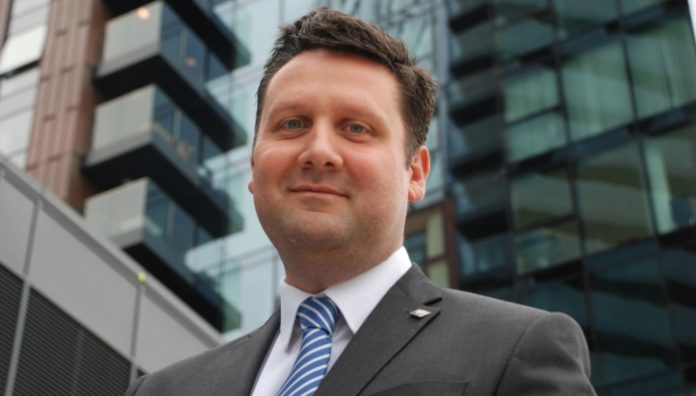Landlords of commercial properties across the South have just a few months to bring any energy-inefficient buildings up to scratch if they want to let space from this April.
The advisory comes from Hughes Ellard, the commercial property consultancy covering the Solent region, home to 50,000 businesses.
New ‘MEES’ rules come into force on April 1st, meaning a sub-standard property cannot be let, or a lease renewed, unless improvement works bring it up to an energy rating of E or above.
MEES stands for Minimum Energy Efficiency Standard regulations, introduced by the EU to help combat global warming.
According to industry research, 20% of commercial buildings could be in the worst-performing F and G brackets, contributing to greenhouse gas emissions.
Nick Miles, as associate director, leads Hughes Ellard’s building consultancy arm.
He said: “Landlords and investors need to make remedial action a new year’s resolution if they are serious about letting energy-inefficient commercial space after April 1st.
“As we return to work after the festive break, there are just weeks left to bring affected properties up to scratch.”
He added: “The aim of MEES is laudable as government figures show that commercial property contributes to just under a fifth of all UK carbon emissions.
“From a financial point of view, landlords may not be hit as badly as they may first think – improvements only need to be made that pay for themselves in energy savings within seven years.
“However, landlords in breach of MEES from April 1st face substantial penalties, from £5,000 to £150,000.”
According to the Intergovernmental Panel on Climate Change, “the built environment holds the greatest opportunity for cost-effective emissions mitigation of any sector”.
All buildings – commercial and residential – have Energy Performance Certificates (EPC), with A being the most energy efficient and G the worst for our environment.
Part of Hughes Ellard’s building consultancy remit is to provide tailor-made energy efficiency plans for landlords, including EPC rating modelling based on various improvements.
The independent firm, in its 44th year, has 30 staff, with offices in Fareham and Southampton.






















